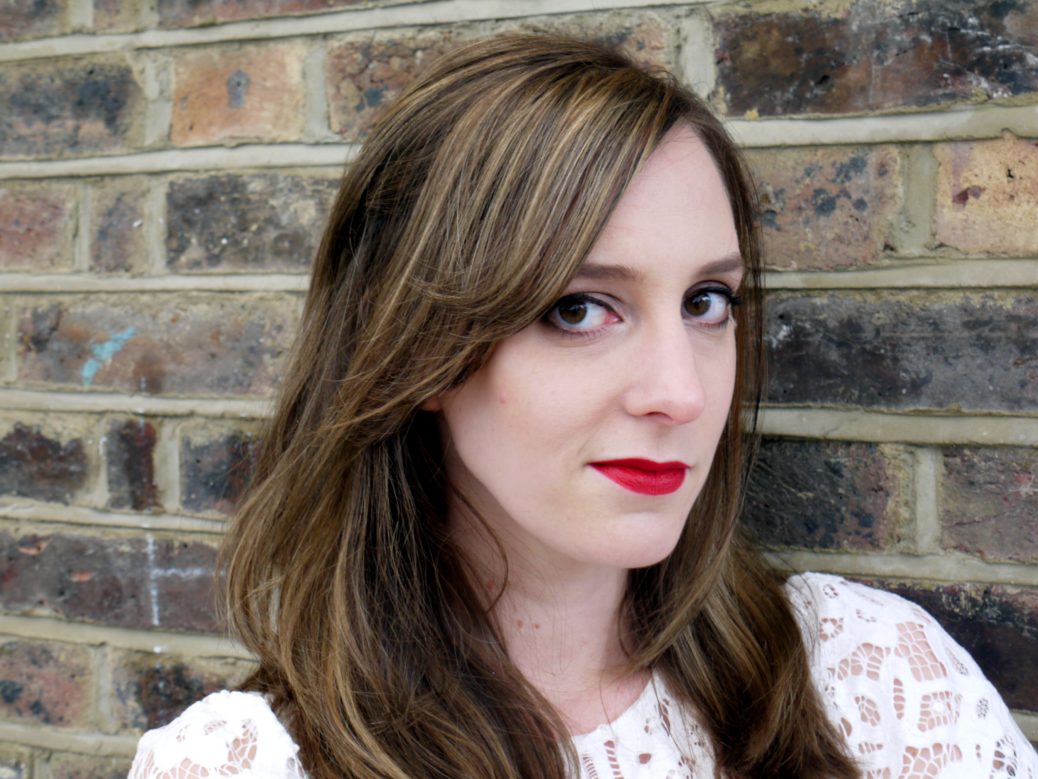Last Tuesday, February 18, DU Gender Equality Society and LitSoc welcomed author Holly Bourne to talk to society members about her books, and some of the issues explored in her work.
The discussion opened with a question focusing on the educational impact of Bourne’s writing, in particular her series The Spinster Club. The first book was published in 2015, so Bourne remarked that “the people who had read the books as teenagers are now becoming adults”. She expressed her joy at being a part of the “feminist awakening” of some of her readers. She spoke of the happiness and pride she feels when meeting readers, who often tell her that “(they are) feminists because of those books”. “That is exactly what I wanted to happen,” Bourne said. Her metaphor of choice to express awareness of the patriarchy’s impact was that we were all “pickles in a pickle jar. Some of us can see the jar and the pickle juice, and some don’t even realise that it’s there”.
The discussion then moved onto the research and inspiration behind her work. As an ambassador for Women’s Aid, Bourne has an extensive knowledge of issues concerning abuse. Despite this, for her most recent novel, The Places I’ve Cried in Public, Bourne felt she had to research abusive relationships even more in order to be able to write about the issue both accurately and discerningly. An interesting conversation followed about how relationships and love are conveyed in popular culture, with Bourne remarking that many much-loved romcoms perpetuate unhealthy ideas about love. She hopes that her novels would allow people, especially teenage readers, to have a better understanding of abusive behaviours and help them to empathise with victims.
Following this, Carol McGill, the chair of Litsoc who conducted the interview with Bourne, asked her about the difficulties of being an author and the frustrating aspects of the publishing industry. Despite the range of complex themes that Bourne’s work covers, her writing is marketed as part of the “young adult” genre. Both McGill and Bourne expressed their frustration at some snobbish attitudes in the industry towards the genre. In defence of the young adult genre, Bourne exuberantly spoke about how gratifying it is to write for teenagers from a neuroscientific point of view. Bourne remarked that adolescence is such an interesting stage of life due to all the changes young people go through. She mentioned how powerful she finds it to help adolescents have empathy and understand struggles they may face as they embark on romantic relationships. She also expressed hope that her work would be a source of comfort to young people feeling lonely and struggling with the issues that arise in adolescence, as they find their own experience articulated on the page.
In the Q&A that followed, an audience member praised Bourne for her candid presentation of female friendships, particularly for including the unpleasant parts that people are often ashamed to talk about. Bourne laughingly responded that people actually say that her writing “captures feelings that we don’t want to admit to” quite often. She spoke about how women have been conditioned to be competitive in their friendships and have certain insecurities, and in her personal experience she has found it easier to be honest about these feelings and address the elephant in the room. An aspiring writer then asked for advice about getting published. Bourne’s emphatic response was: “write the book.”






